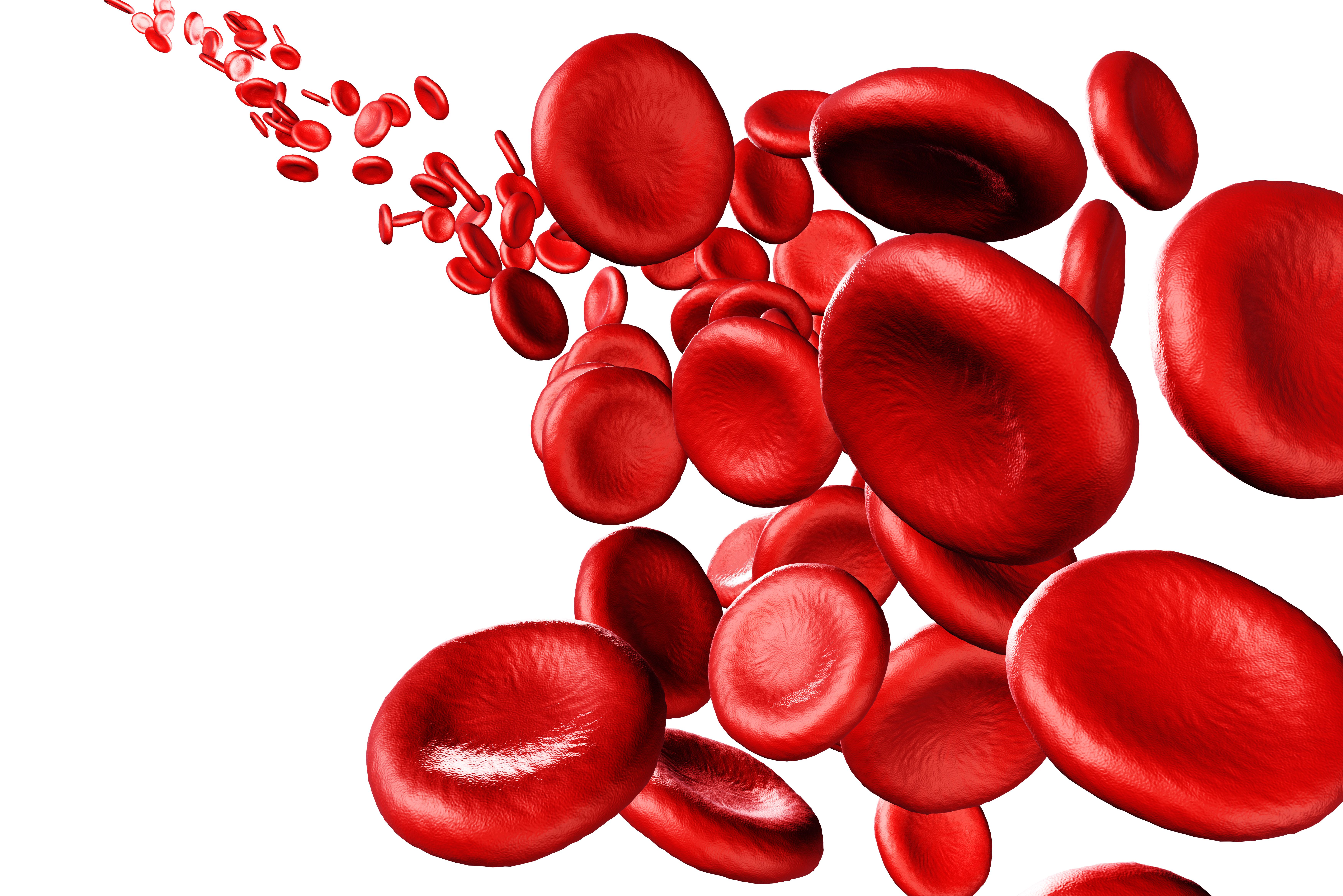Idelalisib for Relapsed FL and SLL Voluntarily Withdrawn from US Market
Without confirmed clinical benefit in follicular lymphoma and small lymphocytic leukemia, idelalisib's indications for these malignancies were withdrawn from the United States market.

The developer of idelalisib (Zydelig), Gilead, has announced the withdrawal of 2 indications for the agent from the United States (US), according to a press release. Idealisib will no longer be available for the treatment of relapsed follicular B-cell non-Hodgkin lymphoma (FL) and relapsed small lymphocytic leukemia (SLL).1
FDA accelerated approval was previously granted to idelalisib for the treatment of both malignancies based on results from a phase 2 clinical trial of patients with indolent Hodgkin lymphoma.
In the international multicenter, single-arm, open-label DELTA study (Study 101-09; NCT01282424), 125 eligible patients who received at least 2 prior systemic therapies, including rituximab (Rituxan) and an alkylating agent were enrolled. Idealisib was administered at 150 mg orally twice daily initially, and the study’s protocol allowed for dose reductions in the case of toxicity. The primary end point of the study was objective response rate (ORR), and the key secondary end points were duration of response (DOR), lymph node response, time to response (TTR), progression-free survival, overall survival, safety/tolerability, and health-related quality-of-life.2
In the FL population of 72 patients, the ORR observed with idelalisib was 54% (95% CI, 42%–66%), which included complete responses (CRs) in 8% of patients and partial response (PRs) in 46%. The median TTR in the FL cohort was 1.9 (range, 1.6-8.3). The median DOR was not evaluable but ranged from 0+ to 14.8+ months.
Among the 26 patients with SLL, the ORR was 58% (95% CI, 37%–77%). All responses in this cohort were PRs. The median TTR was 1.9 months (range, 1.6–8.3), and the median DOR was 11.9 months (0+ to 14.7).
Safety results in the DELTA study were also favorable. In the overall study population, diarrhea, fatigue, nausea, cough, pyrexia, abdominal pain, and pneumonia of any grade occurred in ≥ 25% of the patients. Further, grade ≥ 3 diarrhea and pneumonia occurred in more than 10% of patients. The most common grade ≥3 laboratory abnormalities that occurred during the study were neutropenia and elevated transaminases.
Although these data from the DELTA study were promising, continued FDA approval of idelalisib for the treatment of relapsed FL and SLL was contingent upon a positive confirmatory study, and this was not achieved.1
Withdrawal of idelalisib from the US market for relapsed FL and SLL does not impact other idelalisib indications. The agent is FDA approved to treat relapsed chronic lymphocytic leukemia (CLL) in the US, as well as in the EU, UK, Canada, Australia, New Zealand, and Switzerland. Idelalisib is also approved in the EU, UK, Canada, Australia, New Zealand, and Switzerland to treat FL.
The developer is working closely with the FDA to distribute information about the indication withdrawals to healthcare providers.
References:
1. Gilead statement on Zydelig® U.S. indication for follicular lymphoma and small lymphocytic leukemia. News release. Gilead. January 18, 2022. Accessed January 18, 2022. https://bit.ly/3qEeRnn
2. Miller BW, Przepiorka D, de Calro R, et al. FDA Approval: Idelalisib monotherapy for the treatment of patients with follicular lymphoma and small lymphocytic lymphoma. Clin Can Res. 2015;21(7). doi: 10.1158/1078-0432.CCR-14-2522
Examining the Non-Hodgkin Lymphoma Treatment Paradigm
July 15th 2022In season 3, episode 6 of Targeted Talks, Yazan Samhouri, MD, discusses the exciting new agents for the treatment of non-Hodgkin lymphoma, the clinical trials that support their use, and hopes for the future of treatment.
Listen
Superior Outcomes With Brentuximab Vedotin Triplet in Diffuse Large B-Cell Lymphoma
September 11th 2024The addition of brentuximab vedotin to lenalidomide and rituximab significantly improved survival and response vs lenalidomide/rituximab alone in patients with relapsed/refractory DLBCL.
Read More